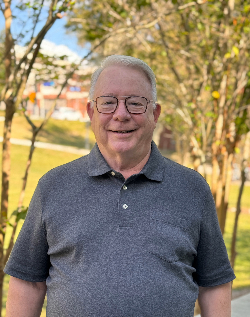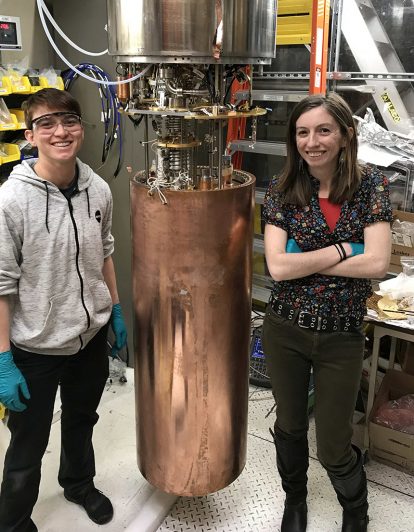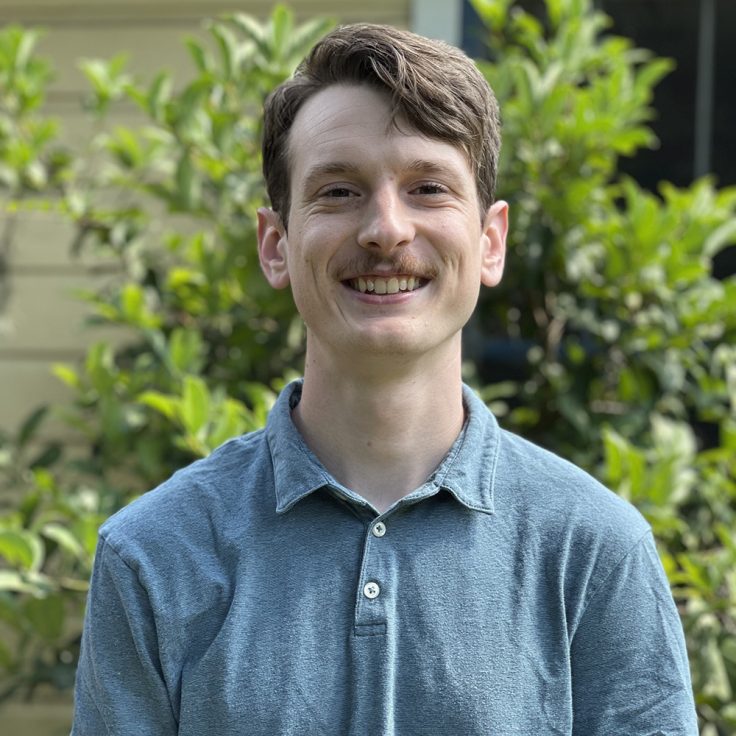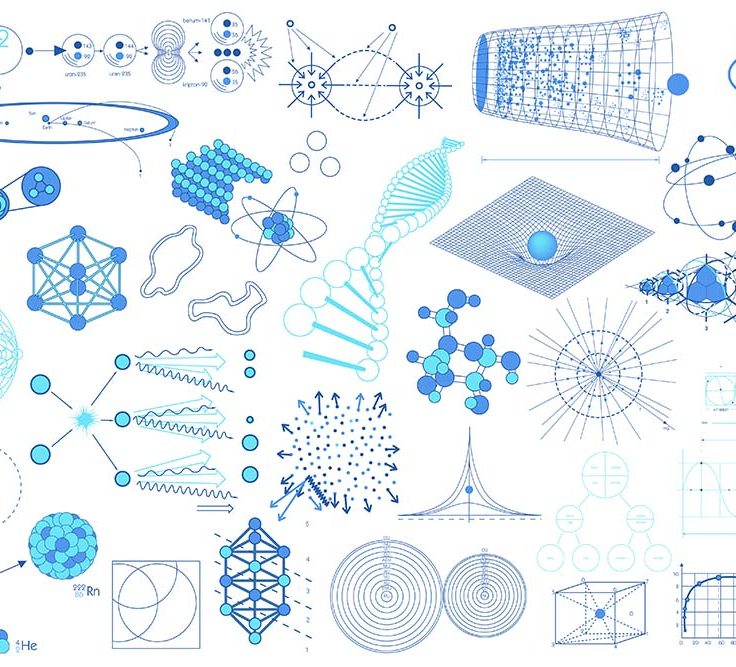Faculty Awards
Professor David Tanner Wins Top US Prize in Experimental Particle Physics

Photo by Pam Marlin.
Distinguished Professor of Physics David B. Tanner has been awarded the 2024 W.K.H. Panofsky Prize in Experimental Particle Physics of the American Physical Society. Prof. Tanner joined the department in 1982 and has been a leader in many areas of experimental physics, including the axion dark matter search, for which the prize was awarded to him and Prof. Leslie J. Rosenberg of the University of Washington. The prize citation from APS reads:
“For leading the synthesis of precision microwave cavity techniques, superconducting quantum sensing, and cryogenic technology into the modern axion haloscope, and for the subsequent demonstration of experimental sensitivity to high-priority models of axions as dark matter.”

Photo courtesy of ADMX collaboration.
In April 2019, ADMX postdoctoral scientists Nicole Crisosto and Chelsea Bartram installed the copper resonant cavity in the experimental insert. Nicole, a UF PhD graduate, joined the project in Seattle after completing her degree, while Chelsea earned her doctorate at the University of North Carolina.
Professor Peter Hirschfeld wins the 2023 Jesse W Beams Award

Distinguished Professor Peter Hirschfeld has been awarded the 2023 Jesse W. Beams Award of the Southeastern Section of the APS (SESAPS). The award was announced in early November at the annual SESAPS meeting. The award committee recognized Peter’s work with this citation:
“For his seminal contributions to condensed matter physics and unconventional superconductivity in cuprate and iron-based superconductors, for furthering our understanding of how repulsive Coulomb interactions and multi-orbital bands can mediate unconventional superconductivity, and for advancing new theoretical models and frameworks that have enabled experimental studies of these materials, for example, by devising methods to leverage disorder as a spectroscopic tool via the theory of quasi-particle interference.”
Since 1973, the Jesse Beams Award has been given annually by SESAPS, to recognize especially significant or meritorious research carried out by a physicist in the southeastern United States. The Beams award is intended to honor “those whose research led to the discovery of new phenomena or states of matter, provided fundamental insights in physics, or involved the development of experimental or theoretical techniques that enabled others to make key advances in physics, and the contributions of the award recipient should have received the critical acclaim of peers nationally and internationally.” Previous UF winners include Neil Sullivan (2022), Charles Thorn (2005), Pierre Sikivie (1996), and Dwight Adams (1978).
Return to the Fall 2023 newsletter.

